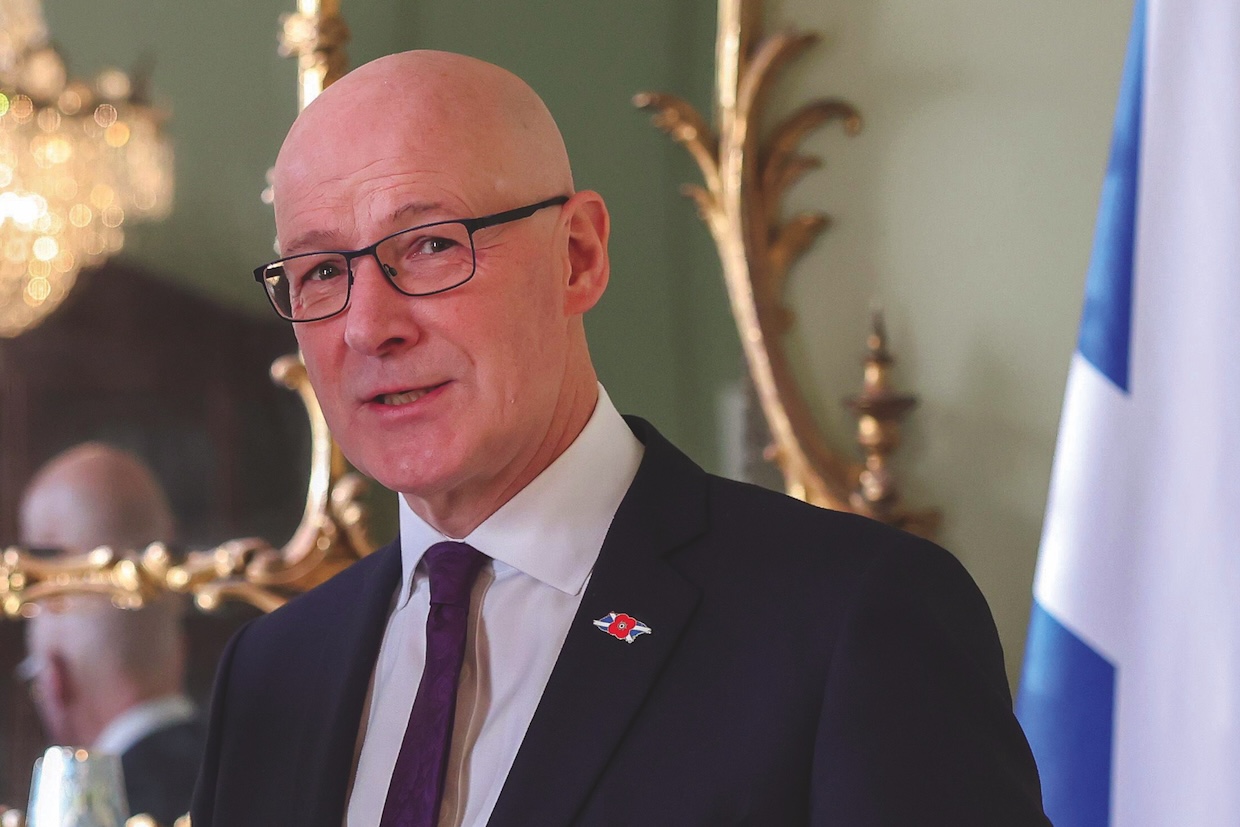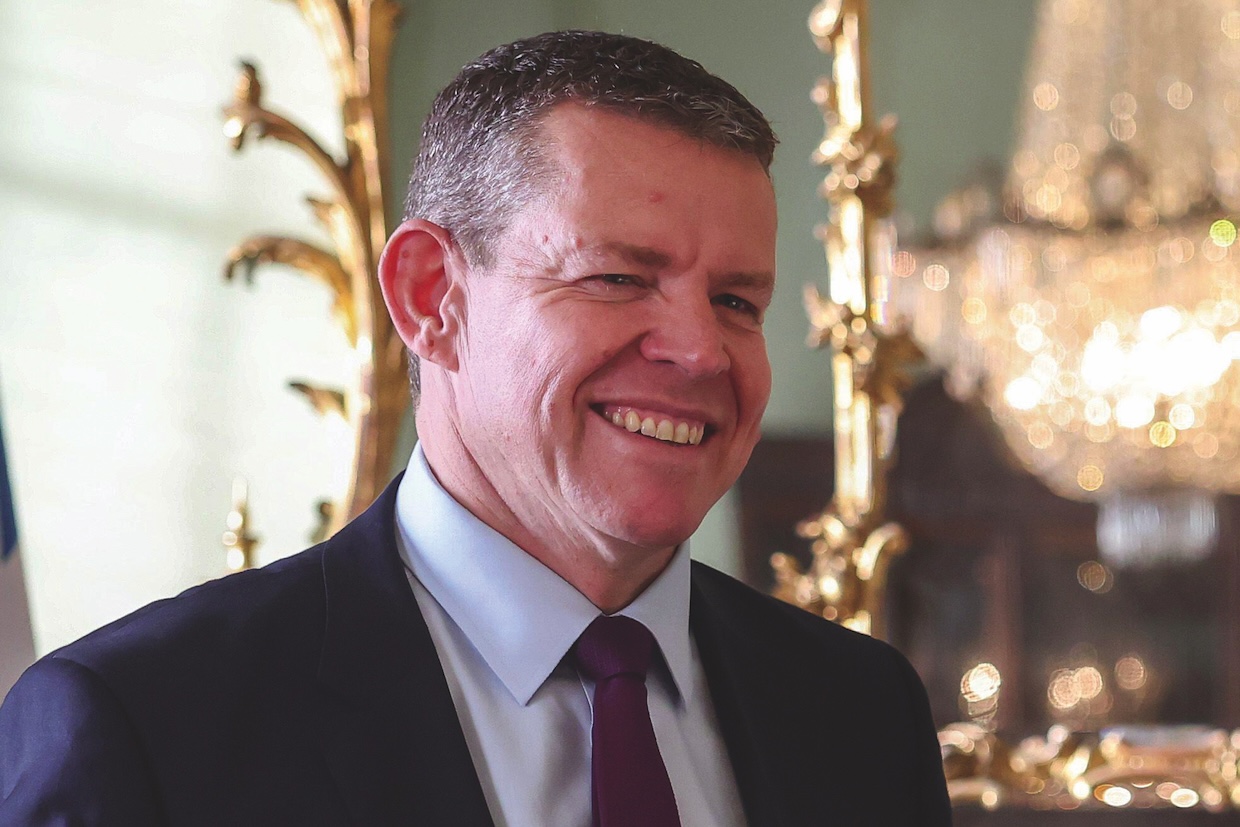MiP signs breakthrough partnership agreement in Birmingham
A new partnership agreement gives MiP full negotiating rights for members in one of England’s biggest CCGs, marking an important breakthrough for the union.

MiP has signed an important recognition agreement with the new Birmingham and Solihull Clinical Commissioning Group, one of the largest CCGs in the country.
This is an important step forward for MiP as we expand our role in negotiating for members collectively across the NHS. Recognition agreements, or “partnership agreements” as they are often called in the NHS, are important because they give MiP the right to negotiate for members as a group, not just represent them as individuals. They also give MiP the right to take part in partnership forums and be fully consulted on a range of workplace issues.
Birmingham and Solihull CCG was formed from the merger of three existing CCGs in the Birmingham metropolitan area, and comprises 95 GP practices. It’s currently operating in shadow form, and will assume formal powers in April 2018. Unlike many trusts, where MiP members are a very small minority of staff, we are a big player in CCGs and it was particularly important for us to secure full recognition rights in such a high-profile merger.
A tradition of partnership
The three component CCGs all had different approaches to negotiating with staff, and one didn’t recognise trade unions at all. But the Birmingham South Central CCG, where MiP vice chair Zoeta Manning is the local MiP rep, had a recognition agreement with MiP and UNISON, and a history of working in close partnership with trade unions.
It was important for MiP to replicate that constructive working relationship as closely as possible in the merged CCG. We needed to convince all the organisations involved that it is in everybody’s interest to have a formal partnership arrangement.
That’s what we’ve done. I believe we demonstrated that our approach to collective bargaining and individual representation has benefits for MiP members and for employers too – they know that members will get expert advice and support, and that MiP will help to resolve contentious issues in a timely and professional way.
Beyond legal rights
The partnership agreement builds on the legal rights that trade unions have by introducing aspects of best practice into industrial relations within the CCG. This means the employer commits to an open and transparent discussion on all workplace issues and to longer consultation periods on proposed changes than the legal minimum (usually just 30 days). Just as importantly, the agreement recognises the role unions play in making the organisation a good place to work, and gives MiP more scope to recruit and organise members – for example, by holding recruitment events, members’ meetings, and using the employer’s communication channels to advertise what the union is doing.
The agreement also establishes a partnership forum with representatives from all the unions – predominantly MiP and Unison. This is a place for local reps like Zoeta, and full-time officers like me, to formally discuss workplace issues with the employer. But the agreement also emphasises the importance of resolving problems outside the formal apparatus – it’s about building a constructive relationship that involves all parties and benefits all parties.
To do all this, the agreement also grants “facility time” to local union reps – time off from the day job to represent members, go to meetings and negotiate with the employer.
A seat at the table
The new partnership forum will have its work cut out. The two big issues on the table are the consequences of the merger for members’ jobs, and the harmonisation of terms and conditions between the three existing CCGs.
We are expecting the merger to lead to further reforms, and this probably means further merging of posts. We hope to avoid any redundancies, but some members are likely to face a change of role or workplace. The partnership agreement gives us the chance to be much more proactive since we will be much better informed and will be able to get involved at a much earlier stage.
Bringing together local terms and conditions – such as grievance and disciplinary procedures, redeployment schemes and on-call arrangements – from the three CCGs could prove tricky. The partnership agreement will give MiP a seat at the table, so we can get the best deal possible for members – and for the CCG as a whole.
Pete Lowe is MiP national officer for the East and West Midlands.
Related News
-

Co-production: say it like you mean it
The NHS talks a good game on co-production, but many patients and carers still feel service changes are done ‘to’ them not ‘with’ them. As Jessica Bradley discovers, meaningful co-production means building lasting relationships and sharing decision making power.
-

Holyrood elections: Back from the brink—for more of the same?
After a big scare last year, the SNP are now clear favourites to extend their rule at Holyrood into a third decade, pointing to incremental reform rather than radical change for the NHS in Scotland. Rhys McKenzie reports.
-

Senedd elections: Tough choices, empty promises
As we enter 2026, the NHS in Wales faces some stark choices and a likely change of government. But the parties vying for power at Cardiff Bay will need to up their game to meet the challenges ahead. Craig Ryan reports.